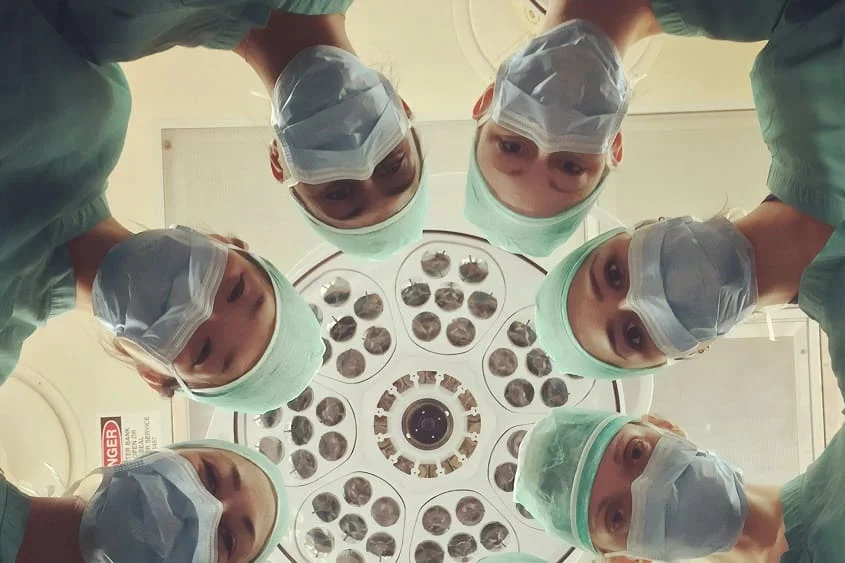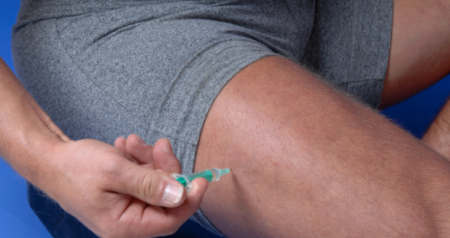Doctors are revered as miraculous problem solvers, having extensive knowledge of the human physiology to mend broken bones, cure illness and save lives. We put them on pedestals and expect them to perform like saints. But it can be easy to forget one important truth, doctors are human just like everyone else. Behind all their smiles and clinical precision are people with flaws, emotions and limitations just like we all are.
Behind the White Coat Lies a Human Heart
It can be tempting to view doctors as unbreakable beings. After all, they’ve proven their expertise time after time while healing wounds or diagnosing rare conditions day or night. Never losing their composure even during chaotic emergencies. But doctors’ hearts can beat too. They too experience stress, exhaustion and the heavy burden of life-and-death stakes they deal with every day. Though their focus might remain unwavering when overseeing surgeries, that doesn’t mean they don’t experience grief when patients die unexpectedly or mistakes occur. Human error, though regrettable, is part of life, including medicine. Even with years of training under their belts, doctors’ decision-making can still be affected by fatigue from long shifts, emotional burden from bad outcomes or simply forgetting lunch. Expecting them to be perfect would not only be unrealistic but unfair as well.
The Superhero Complex
Society often reinforces the expectation that doctors are heroes, but this expectation can be both motivating and demoralizing. On one hand, it may feel great being recognized as an unstoppable force of good. On the other hand, though, society often undermines this idealized view. But on the flipside, this system leaves no space for vulnerability. When doctors work through feverish colds or return after sleepless nights without being fully present on their shifts, they may not always be showing incredible dedication. Oftentimes they’re simply giving in to pressures associated with their superhero complex. This mindset often results in burnout among healthcare professionals, which is an unfortunately prevalent condition. That superhero cape becomes restrictive rather than inspiring. We may like to imagine our healthcare heroes are perfect, but it’s important to remember they can’t fill an empty cup.
Accountability and Medical Malpractice Claims
While empathizing with physicians’ humanity is very important, accountability remains a huge element of healthcare delivery. Medical malpractice lawsuits provide an important way of rectifying situations in which preventable harm has resulted from negligence or error. These claims not only offer justice and compensation for patients affected by healthcare systems issues, but they can also play a big role in uncovering systemic flaws within healthcare services. Medical malpractice lawsuits provide a powerful force for positive change by holding practitioners and institutions responsible for safety protocols, training needs and patient care standards. Balance between empathy for healthcare providers and accountability will lead to a more equitable and effective healthcare system for all. And when you hire a medical malpractice attorney, it will allow you to fully grasp all of its complexities.
The Marvel in Being Human
Being human isn’t a liability, it’s an asset. Doctors possess an incredible capacity to not only heal bodies but also nurture spirits through their expertise and human touch. Their empathy, intuition, and courage in facing challenges head-on are truly remarkable traits.
Conclusion
While it can be tempting to see doctors as infallible, acknowledging their humanity is important. Allowing for mistakes and getting help allows doctors the space they need to relax and recharge. After all it’s not their perfection that makes them exceptional, but rather showing up each day regardless of flaws to dedicate themselves to helping others that makes them truly exceptional. Yes doctors are humans too, thank goodness.







